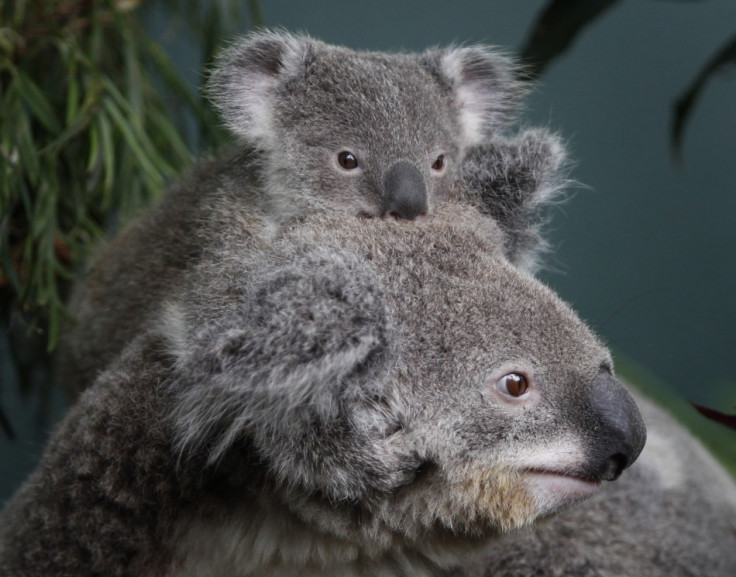Australia begins koala cull to save species from mass starvation

Australia has begun culling and relocating its vast koala population in a bid to save the species from itself and the environment. Koala populations in Cape Otway, Victoria, have soared in recent years to the point where many of the animals are starving because there is not enough vegetation to go around.
Not only will the government euthanise many of the koala population, but it will also relocate many to other parts of the country and sterilize captured females. The government had taken action in 2013 and 2014 by killing more than 700 of the marsupial species when populations had reached 8,000 and starvation ensued. However, numbers have continued to rise.
Jim O'Brien from the Department of Environment in Australia said that although it seems cruel, it is the most humane thing it can do both for the animal and the environment. He told the Guardian Australia: "There should be less than one koala per hectare, but we were finding 15 to 20 koalas on a tree in some places. Koalas have no natural predators now, so something had to give and it was the trees and the animals. People were finding koalas at the base of the trees."
Frank Fotinas, who runs the Mimbi camping park in Cape Otway, added: "The trees just started dying and there was a big crash in koala numbers. I was burying them everywhere because they were stinking, it smelled so bad.
"Something has to be done or the forest will die and there will be no koalas at all. We've had to sit and watch the forest crumble around us, it's hard to look at. Koalas are cute, they are good for business but there has to be a huge number reduction.
"People who sit on their couches and say it's cruel should come out here to have a look before making their moral judgments. What's cruel is watching koalas starve to death, to see them push their babies out of a tree because there's no food there for them. If we don't intervene, they are going to die a painful death. I'm an animal lover but I believe in what we're doing here. We're doing something that makes a difference."
© Copyright IBTimes 2025. All rights reserved.






















